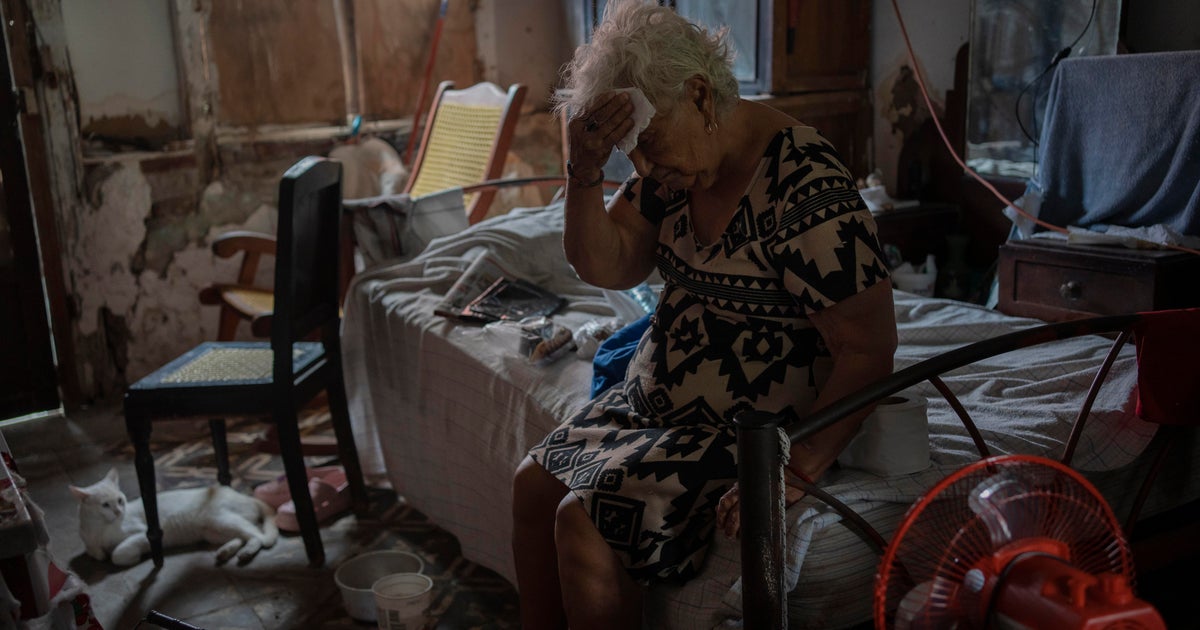
Climate change made spring's heat wave 35 times more likely — and hotter, study shows
CBSN
Washington — Human-caused climate change dialed up the thermostat and turbocharged the odds of this month's killer heat that's been baking the southwestern United States, Mexico and Central America, a new flash study found.
Sizzling daytime temperatures that triggered cases of heat stroke in parts of the United States were 35 times more likely and 2.5 degrees hotter due to the warming from the burning of coal, oil and natural gas, World Weather Attribution, a collection of scientists that run rapid and non-peer reviewed climate attribution studies, calculated Thursday.
"It's an oven here; you can't stay here," 82-year-old Magarita Salazar Pérez of Veracruz, Mexico, said in her home with no air conditioning. Last week, the Sonoran Desert hit 125 degrees, the hottest day in Mexican history, according to study co-author Shel Winkley, a meteorologist at Climate Central.
